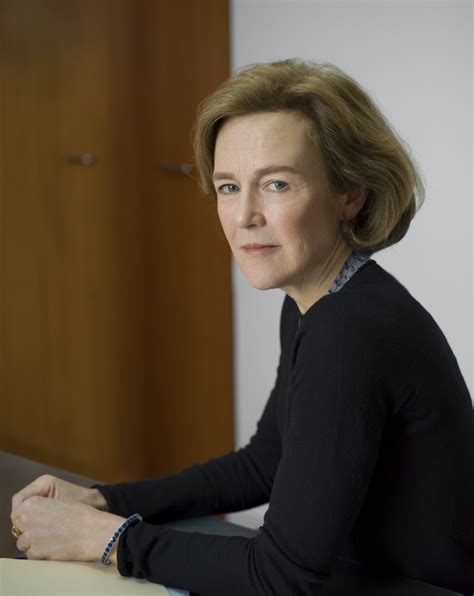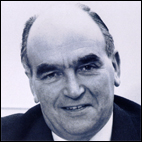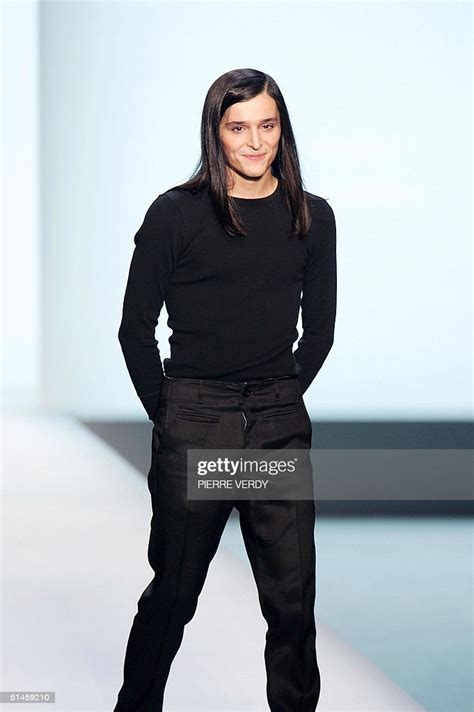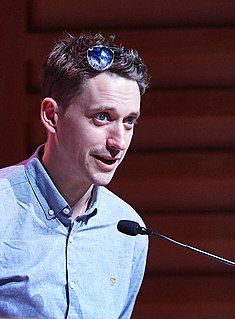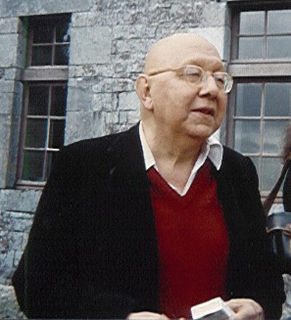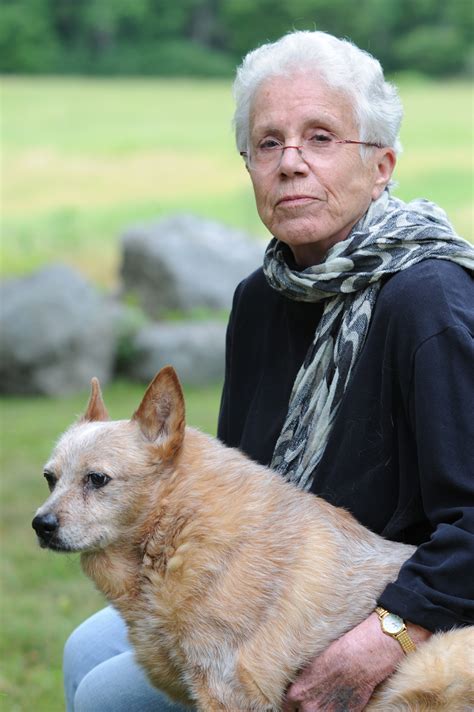A Quote by James Fallows
Societies are healthiest when their radius of trust is broad and when people feel they can influence their own fate.
Related Quotes
What is one's personality, detached from that of the friends with whom fate happens to have linked one? I cannot think of myself apart from the influence of the two or three greatest friendships of my life, and any account of my own growth must be that of their stimulating and enlightening influence.
We view Sufism not as an ideology that molds people to the right way of belief or action, but as an art or science that can exert a beneficial influence on individuals and societies, in accordance with the needs of those individuals and societies ... Sufi study and development gives one capacities one did not have before.
Dissident Natan Sharansky writes that there are two kinds of states - “fear societies” and “free societies.”… The two societies make up two kinds of consciousness. The consciousness derived of oppression is despairing, fatalistic, and fearful of inquiry. It is mistrustful of the self and forced to trust external authority. It is premised on a dearth of self-respect. It is cramped …
In contrast, the consciousness of freedom … is one of expansiveness, trust of the self, and hope. It is a consciousness of limitless inquiry … It builds up in a citizen a wealth of self-respect.
It's so much worse to regret something you never did. It's often worth running through your fears to their logical conclusion to help disperse them. One footnote - if life has taught me anything it's to trust the shy people. Popularity means a lot of people like you a bit, you have broad appeal. But who wants broad appeal? Interesting people are always a bit niche. Remember what Steven Patrick Morrissey said: "It takes guts to be gentle and kind.".
There will be no one like us when we are gone, but then there is no one like anyone else, ever. When people die, they cannot be replaced. They leave holes that cannot be filled, for it is the fate - the genetic and neural fate - of every human being to be a unique individual, to find his own path, to live his own life, to die his own death.
While all societies make their own imaginaries (institutions, laws, traditions, beliefs and behaviors), autonomous societies are those that their members are aware of this fact, and explicitly self-institute (????-?????????). In contrast, the members of heteronomous societies attribute their imaginaries to some extra-social authority (i.e. God, ancestors, historical necessity)


